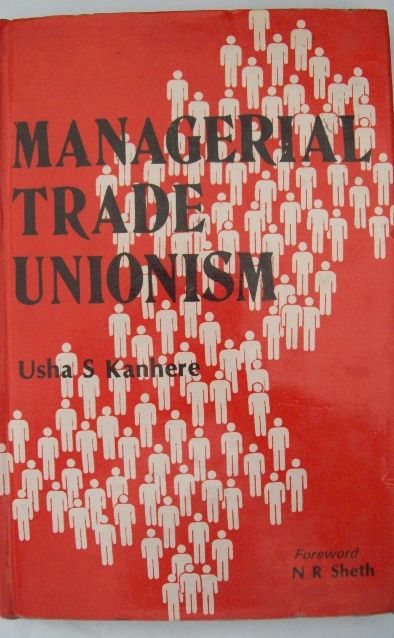Managerial Trade Unionism
Regular price
Rs. 100.00
The book explores the factors responsible for the emergence and development of rapidly expanding trade unionism of managerial level employees in India on the basis of the field study of officers? associations in the nationalized bans in Gujarat. It shows officers, performing managerial functions, have developed trade unions not only for better salaries and decent service conditions, but also for improving their work situation. They saw themselves sandwitched between two powers, namely (top) management power not sufficiently backing them when they function as officers in the bank and trade union (award staff union) power often accused of harassing and humiliating them. Officers recognize that they have congenial work place and restore-officers? dignity only if they also organize themselves as the third force. Majority of officers? unions which are exclusively for officers? staff (away from politically aligned central trade unions), have near 100 p.c. membership and are run by officers themselves. Thus they offer a contrast to majority of unions of Industrial workers in India. They function as member-centered unions. Oriented to satisfaction of the job-related and other interest of officers. They constitute the powerful third force in the domain of employer- employee relations in the industry. This shows that divisiveness and fragmentation within trade unionism partly reflects the growing complexity and divisiveness within wage/salary earning segment in the society. The informal, loosely-knit democratic structure and diverse functions of these unions, leaders? roles and activities and membership involvement and participation and examined on the basis of extensive field data.
Guaranteed Safe Checkout





